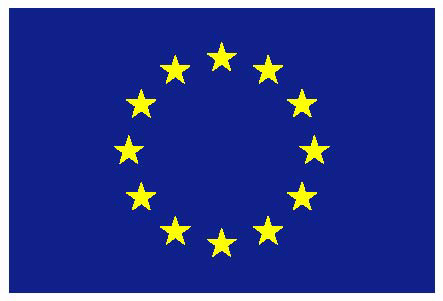The use of agro-industrial by-products. Implications for olive oil production chain
The valorisation of by-products represents a valuable renewable resource, even for the achievement of its obligations under the 2020 energy policy, and, in many cases, to reduce the costs associated with the disposal of waste.
However, it is negatively affected by both regulatory factors, as well as technical and economic. Currently, waste and by-products are regulated by the Legislative Decree no. 152/2006. The main operational difficulties of the operators come from the problematic related to the classification of flows in residual by-products and the acceptance of such classification by all stakeholders, including those in charge of the controls.
To solve these problems, the Ministry for the Environment, Land and Sea is working on the definition of a bill which aims to establish the criteria under which a residue of a production process can be used for energy purposes can be considered a by-product in accordance to art. 184 bis of the Legislative Decree no. 152/2006. The aim of this seminar is to explore issues related to the new legislation relating to the use of by-products and process waste and the start of a comparison with the main actors in the olive-oil chain production. The event is part of the agreement between the INEA Institute and the CRA-OLI (Research Center for Olive and Oil Industry) on the analysis of the needs of innovation of olive oil production companies and farms.















